Join the author, Néstor T. Carbonell, as he shares a critical analysis of the Castro-Communist regime and explores the challenges and opportunities that will likely arise when freedom finally dawns in Cuba.
CHAPTER 10: Did Castro Get to Kennedy before Kennedy Got to Him? (1963
Donovan returned to Cuba in April, not with his wife but accompanied by his eighteen-year-old son John and two of Robert Kennedy’s aides. The discussions of a possible US-Cuba rapprochement did not progress during their five-day enjoyable visit, which included snorkel-ing with Fidel Castro in the Bay of Pigs.
According to Donovan’s son’s remembrances of the trip, carried by the Daily Mail on October 18, 2015, his father foiled a CIA potential hit on Castro involving a poisoned wet suit he was asked to present as a gift to the Cuban ruler. Donovan gave him instead one he had personally bought in New York without any toxin. (The Senate Select Committee, chaired by Senator Frank Church, which in 1975 gathered evidence on the CIA’s failed attempts to kill Castro, reportedly included this episode.)
Cuban Exiles and the Kennedy Administration Clash (March-April (1963).
While Washington was cozying up to Castro, Moscow allowed him to keep thousands of Soviet soldiers and military and intelligence personnel on the island, not only for training and security purposes but also to clamp down on internal resistance. Indeed, they participated in several military and counterinsurgency operations.
To boost internal resistance, put pressure on the Russians to leave the island, and demonstrate that the Kennedy-Khrushchev pact would not block the exiles’ efforts to liberate Cuba, anti-Castro commando groups in Miami prepared to strike. On March 18, representatives of the exile organization Alpha 66 attacked the Soviet ship Lgov at the Cuban port of Isabela de Sagua, firing several bursts from a heavy machine gun.
Then, on March 28, members of the Commandos L exile group launched a spectacular raid on the Russian freighter Baku. This proved to be one of the most daring undertakings because the Cubans and the Soviets had tightened security measures, and the US authorities were no longer winking at the raiders. They were dead set against these provocative attacks carried out by Cuban exiles.
The Commandos L (for liberty) were led by Tony Cuesta a very tall, audacious, onetime Havana businessman who had become a seasoned seafaring captain infiltrating anti-Castro cadres into Cuba and carrying out coastal forays. After eluding US surveillance, Tony and his crew left Florida aboard a mothership and sailed to an inlet along Anguilla Isles. There they cast off the Phoenix, a converted twenty-two-foot speedboat, from the mother vessel and prepared for the bold mission. Just before midnight on March 28, the commandos spotted their imposing target—the bulky, round-bottomed Soviet freighter Baku, anchored close to the Cuban port of Caibarien.
Suddenly, a Soviet patrol vessel making the rounds appeared on the scene. The raiders watched breathlessly, holding fast to their guns. Fortunately the launch saw nothing suspicious and disappeared into the darkness. A few minutes later, ten loud explosives shattered the silence. It was Ramon, one of the raiders, firing his cannon at the command bridge of the freighter. At less than ten yards, every rifle aboard the Phoenix shot at the deck of the Baku. Then Tony impassively said, «Ahora la bomba»—»Now the bomb.»
Andrew St. George, the Life magazine photographer and chronicler of the venture, described this critical moment:
Ramon leans out ready to drop the bomb, its fuse lit, overboard. But the bomb won’t budge. The line attached to its float is tangled on the deck rail. Ramon tugs and yanks. The burning fuse has three or four minutes to go. … Ramon crashes his body against the railing. The railing gives, the line swings free. Someone leaps to help and the bomb is overboard. … Tranquilino (the navigator) swings the Phoenix away from the freighter. … Our boat shudders for a moment. From behind I hear the crash of glass. The rifles on the Phoenix keep firing. Then all is silence as we speed away into the night.
The blasting of a thirteen-foot hole in the Baku touched off the wildest international dustup on Cuba since the October Missile Crisis. Moscow accused the United States of «dangerous provocation» and threatened to retaliate. Castro ordered two of his MiGs to harass the US transport Floridian in the high seas. The Cuban commandos expected howling and pounding from their enemies, but they had not anticipated condemnation and persecution from their friends.
The US authorities lambasted the forays as counterproductive and dangerous, and asserted that such activities would not be tolerated. Washington ordered a crackdown against all future raids on Cuba. Action groups were restricted to the land limits of Dade County, a twenty-five-hundred-square-mile area that includes Miami. Speedboats owned by Cuban exiles were impounded. The coast guard in the area increased its force by 20 percent to thirty-six hundred. To complete the quarantine of the Cuban exiles, Washington enlisted the support of the British authorities in the Bahamas to patrol adjoining seas.
Watching this impressive display of US-British might, columnist Henry J. Taylor sharply commented, «In tragic truth, Castro’s Russian masters have outthought us, outmaneuvered us, and cast us out of control of the situation. … How else could we now find ourselves forced to order a wrong-way blockade against fighters for freedom instead of against Castro?»
At the Miami headquarters of the Cuban Revolutionary Council, its president, Jose Miro-Cardona, was under tremendous pressure to either obtain the lifting of the quarantine imposed on the commandos or resign.
Sensing that the US policy on Cuba was drifting toward accommodation with Castro, the exile leader sought clarification from John H. Crimmins, who had been charged by the State Department to assume in Miami the interagency coordination of Cuban affairs. Apart from calling for an end to the crackdown in Miami, Miro-Cardona outlined in a memorandum three possible options to liberate Cuba: «Joint Cuban-American military action against the Castro regime; failing that, Cuban military action with the same type of US military and financial assistance for the Cuban exiles that the Soviet Union orojtides for the Castro regime; and failing that, Cuban military action with no US involvement other than a loan to the Cuban Revolutionary Council to prosecute the war.»
Not having received a satisfactory response to his query, the exile leader and his executive assistant and interpreter, Ernesto Aragon, followed up in Washington and requested a meeting with the attorney general, Robert Kennedy. The meeting was held on Saturday, April 6, at his office. While Miro-Cardona and Ernesto Aragon were waiting in the anteroom, two of Robert Kennedy’s young sons passed by with their huge Newfoundland dog, Brumus. A few minutes later, the Cubans were escorted to the attorney general’s office.
Robert Kennedy had removed his jacket, loosened his tie, rolled up his sleeves, and left his shoes under the table. Despite his seeming informality, he was sullen and tense. He meant business. Since the attorney general was alone, Aragon served as interpreter and took notes, which he shared with me.
Not wasting any time with perfunctory remarks, Robert Kennedy bluntly told Miro-Cardona: «You seem to be misinformed. We have not changed our policy toward Cuba. The US government never represented to you that it had committed itself to taking military action against Castro.» Miro-Cardona responded: «Since the beginning I was told, I think in your presence, that the Cuban problem was essentially military, requiring at least six divisions, with as many Cubans involved as possible.» Visibly irked, the attorney general shot back: «I was not present when you allegedly were told that Cuba was a military problem. That is not true, and besides, there are no military plans against Cuba.»
The exile leader was flustered by Robert Kennedy’s flat denial, knowing full well that the attorney general had been present when the president affirmed that Cuba was a military problem and asked Richard Goodwin to step up the training of Cuban units at several US camps. His integrity called into question—which Latinos generally take as a personal offense—the usually amiable and diplomatic Miro-Cardona responded with anger. Stabbing the air with his index finger, he told the attorney general, «You are a kid» (chiquillo was the term he used), speaking to a university professor … one of three generations )of Miros) who have fought for freedom … and I will not allow you to cast a shadow of doubt on my word of honor!»
The acrimonious exchange did not abate. Robert Kennedy blasted the Cuban commando groups for their irresponsible and ineffectual operations. «I will not tolerate any actions from US territory that are contrary to the laws of this country,» the attorney general emphatically asserted. Miro-Cardona replied, «How can you say that you support freedom-loving Cubans when you persecute them and bar them from fighting for the liberation of their homeland?»
When Miro-Cardona reiterated his intention to resign, Robert Kennedy clenched his jaw and muttered, «Tell me, Dr. Cardona, what it is, specifically, that you want?» The exile chief outlined the three options he had earlier conveyed to State Department and Pentagon officials, including a US loan to the council to prosecute the war, if Washington preferred not to involve US troops or resources. «What is the order of magnitude?» Robert Kennedy asked.
«I am not prepared to give you an estimate without consulting with military specialists,» Miro-Cardona replied. The attorney general pressed him to give him a rough number. «I really don’t know,» Miro-Cardona said, «but if you insist, fifty … one hundred million?»
Robert Kennedy then changed the subject and seemed to soften his tone. He told Miro-Cardona that he did not understand his desire to resign, and without offering to consider the exile leader’s request or suggesting any other alternative to support the liberation effort, the attorney general urged him to think it over for thirty days and then meet with him again. «But if you decide to resign and to issue a public statement,» Robert Kennedy warned, «you must clear the text with us first. Sensitive disclosures might be harmful to the security of the United States and could be used against us by enemies of this administration.»
According to Aragon’s notes, Miro-Cardona stood up and sopiberly replied, «I came here to seek clarification regarding the Cuban situation. After a careful assessment of the facts and responses received, I have concluded that you have changed your policy toward Cuba and that you have no plans or intentions to put an end to the Castro regime. I outlined possible courses of action, and they have been tacitly rejected. I am, therefore, impelled to resign. I cannot wait thirty days, and I do not intend to consult with anyone on the text of my resignation. I assume full responsibility for my actions. Good afternoon and goodbye.»
Before Miro-Cardona tendered his resignation, Robert Hurwitch, the State Department official in charge of Cuban and Caribbean affairs, told Aragon that the exile leader’s attitude would lead to a severance of US relations with Cuban exiles. «No single Cuban will ever be received in any government office in the future,» Hurwitch reportedly asserted. He also reminded Aragon that there were a number of legal reasons for canceling a US residence permit known as the green card.
)
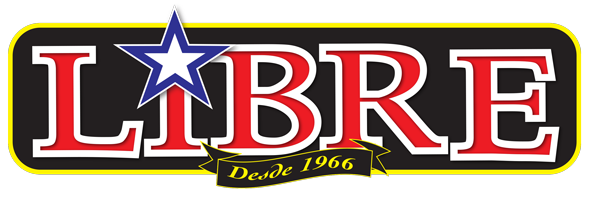


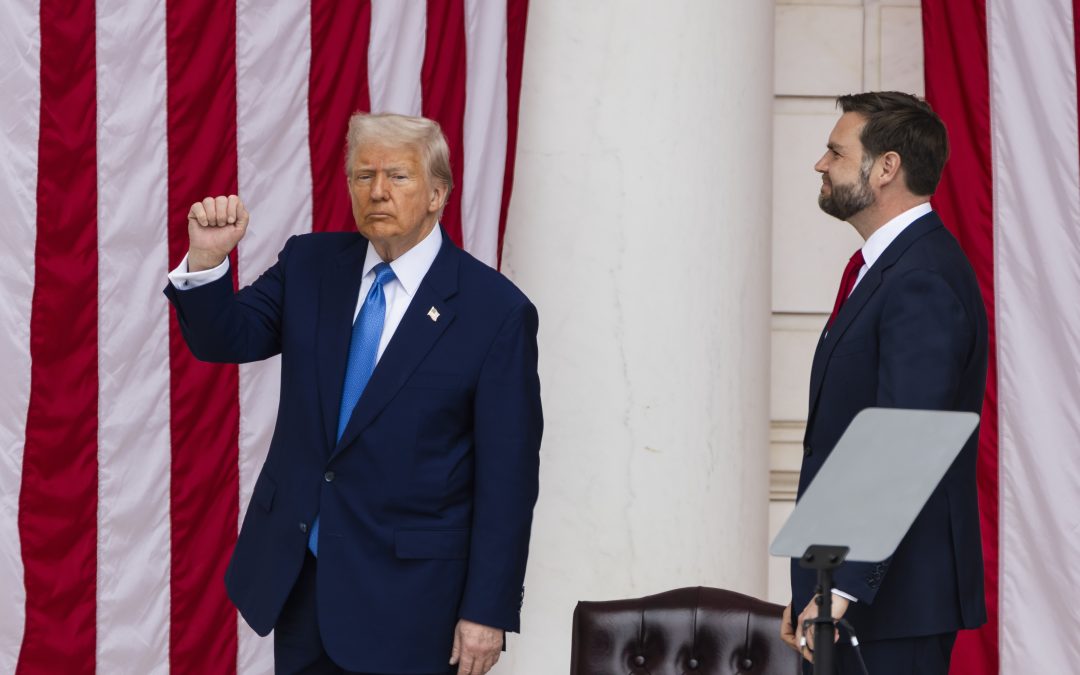
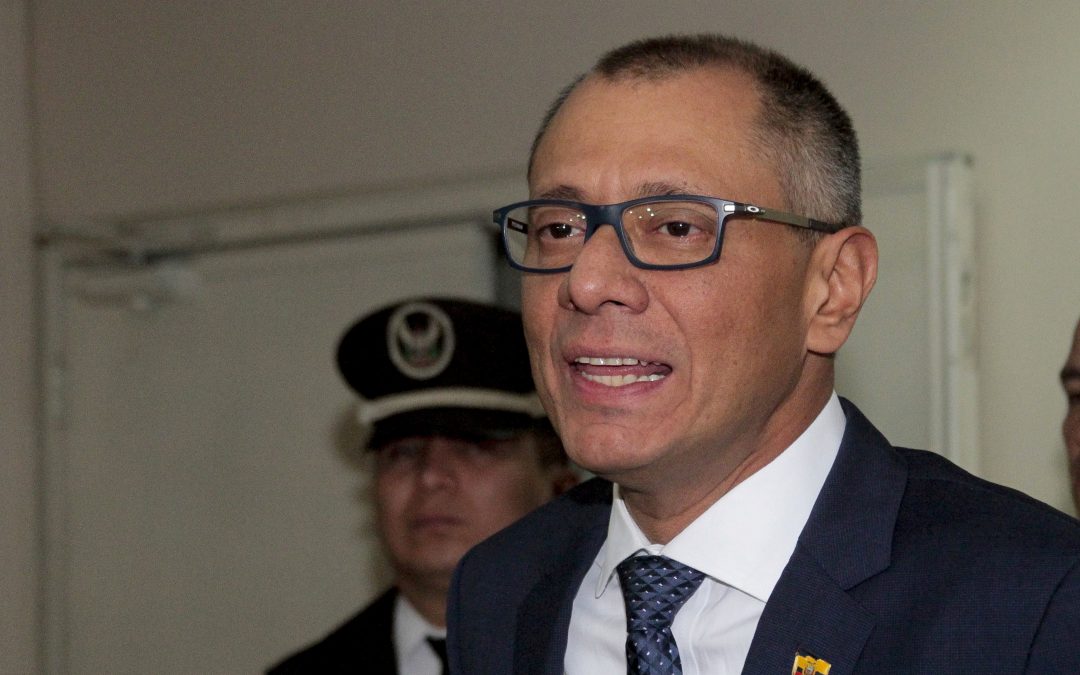
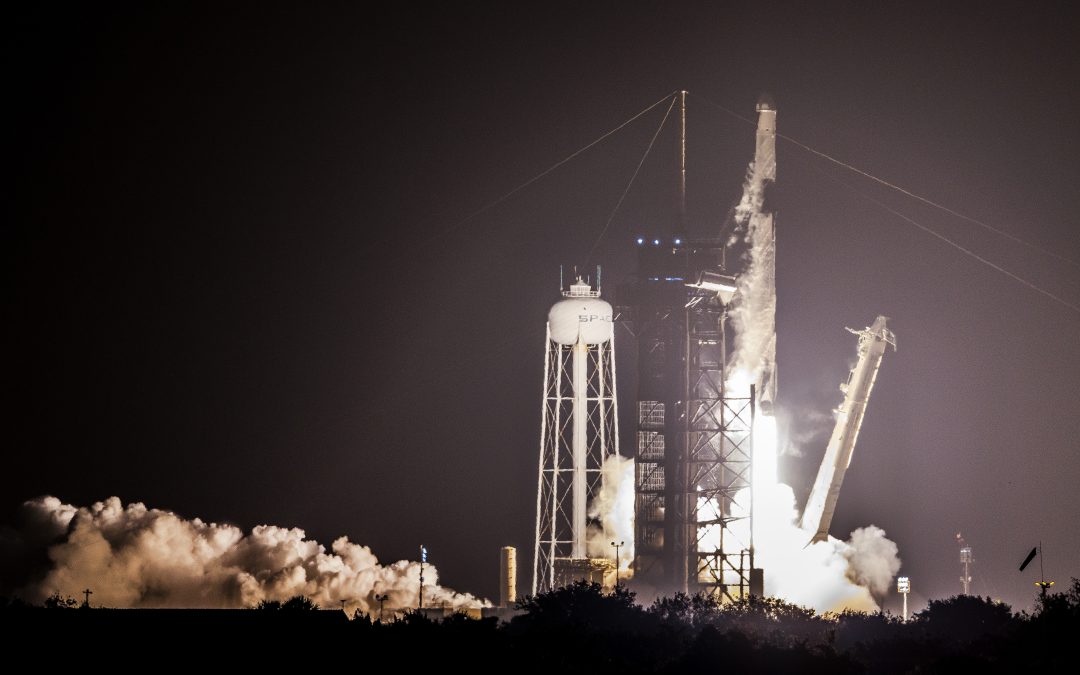
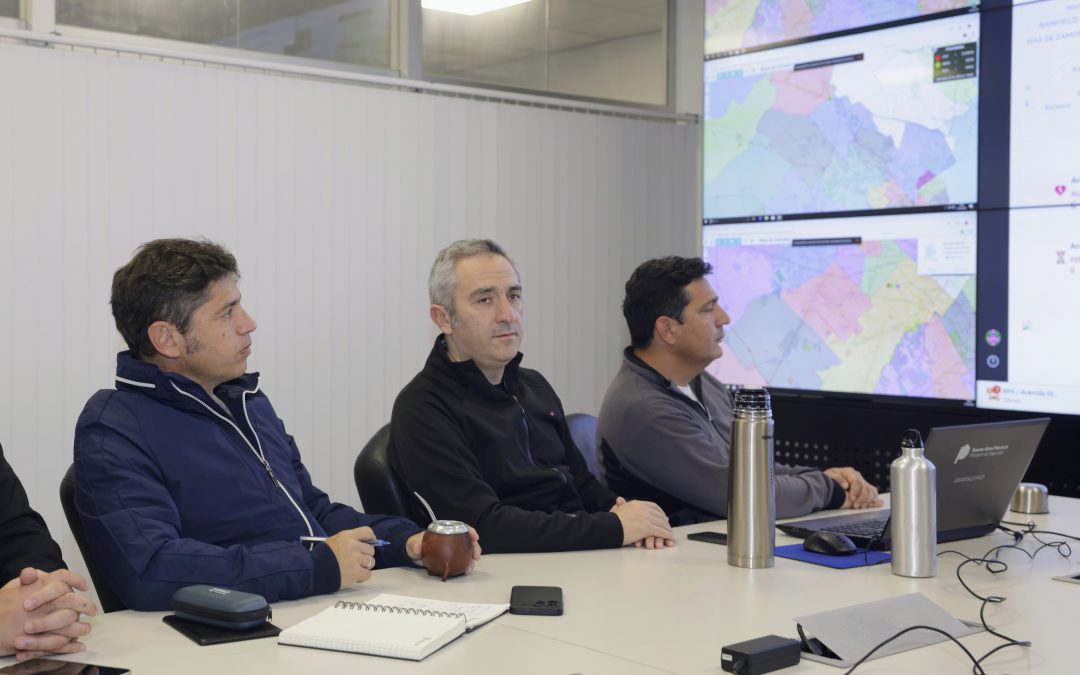
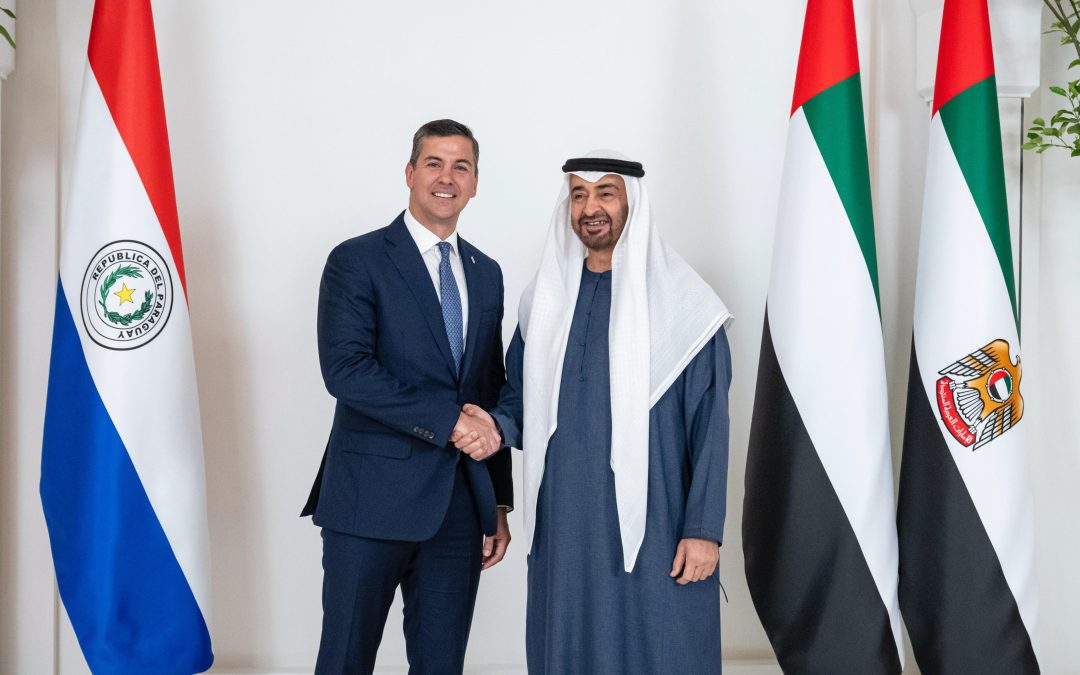
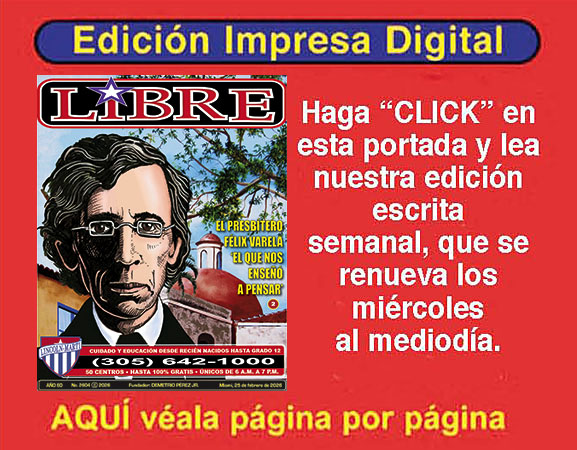

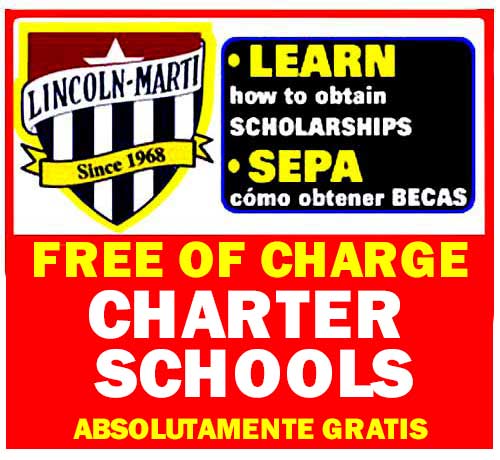
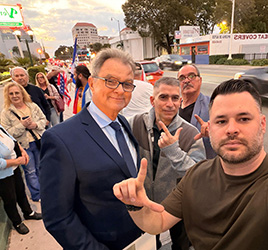

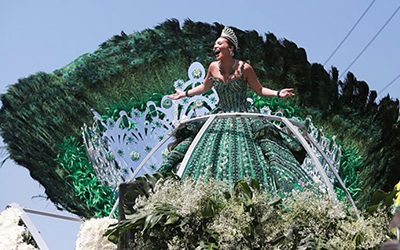
0 comentarios